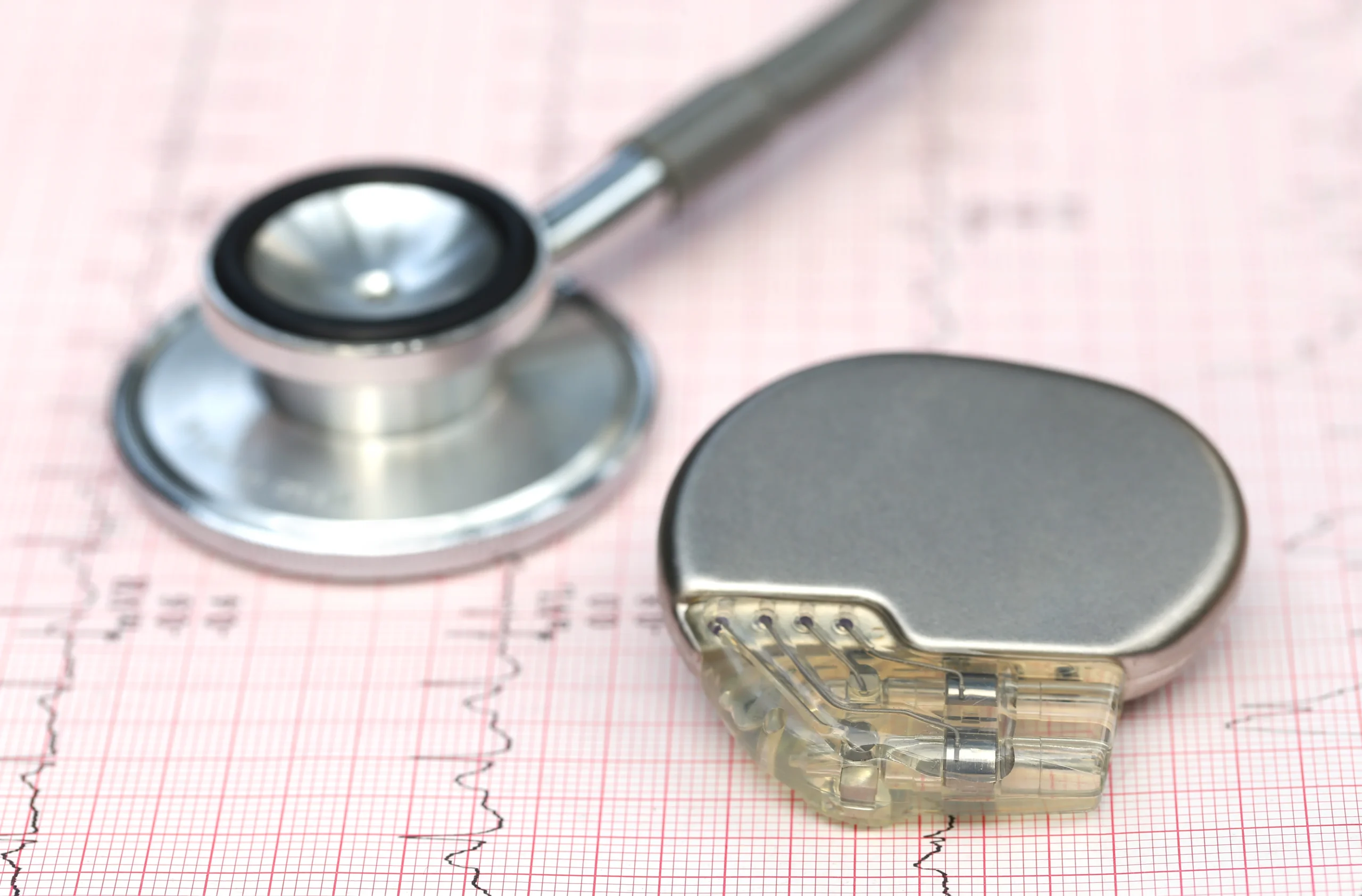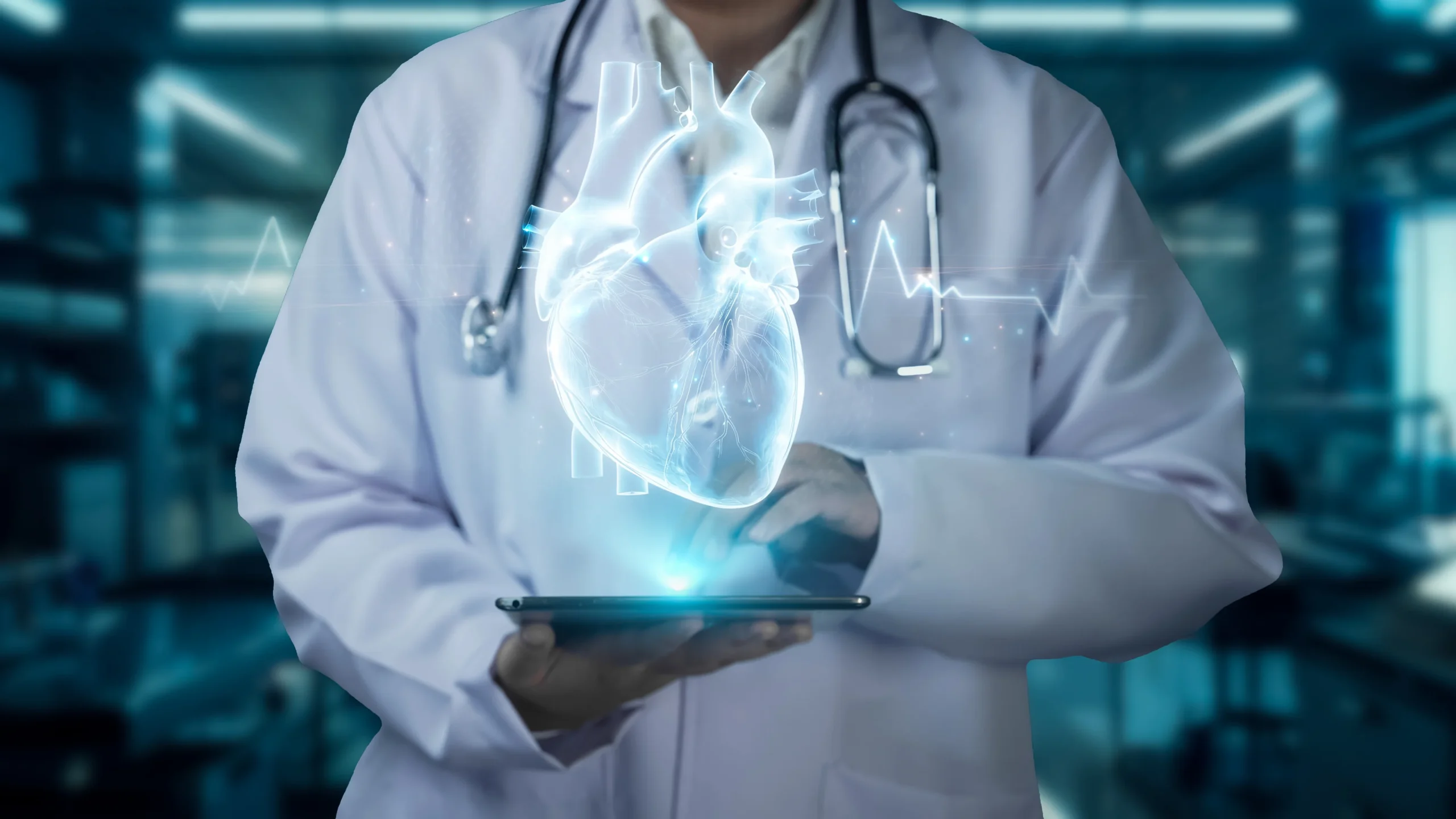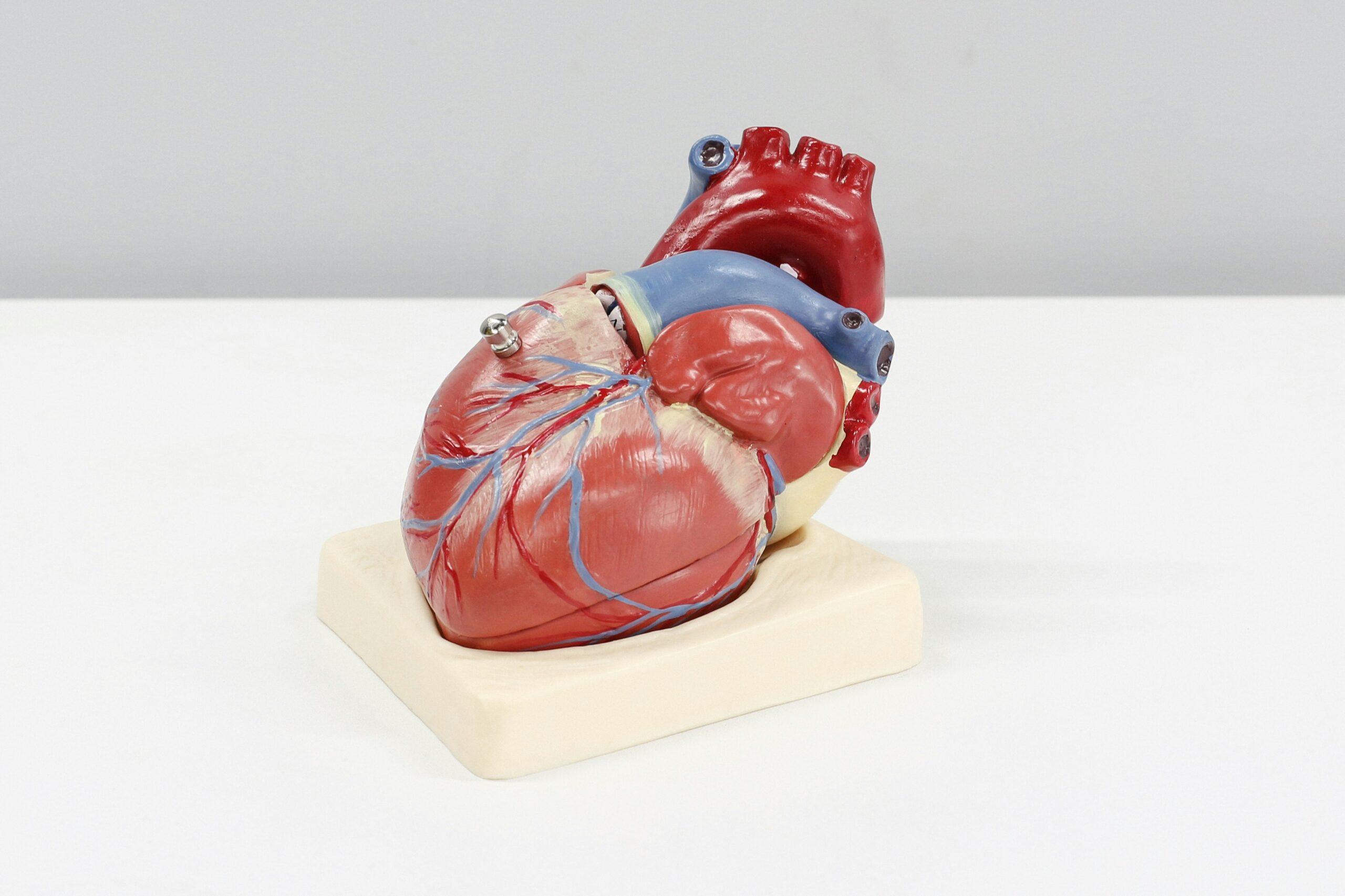Heart problems are, unfortunately, quite common. About 10% of us have some form of medical issue with our hearts, while cardiovascular disease is one of the leading causes of death and disability in Ireland.
Most people are aware of the key risk factors – obesity, diabetes, high blood pressure, high cholesterol and age (being over 60) can all put us at greater risk of developing a heart condition. But how exactly would you know if your heart was beginning to experience problems?
This month, the Independent newspaper asked Jonathan to highlight some of the main symptoms of heart trouble. If you’re a subscriber, you can read the full article here – but here’s a summary of his five points.
1 Chest pain
Probably the most obvious sign, pain in the chest area can indicate a heart attack (a “myocardial infarction”, in medical language) caused by a blocked or narrowed artery. This is often related to coronary heart disease, where fatty deposits build up inside the blood vessels that supply oxygen to the heart.
Warning signs include: pain or pressure radiating from the chest to other areas; heartburn; nausea
2 Breathlessness
Shortness of breath during everyday activities (as opposed to vigorous exercise) can be a sign that your heart is not pumping blood as effectively as it should be – particularly if you’re also experiencing swelling in your feet, ankles or legs, and if your breathlessness is worse when lying down.
Warning signs include: swelling of limbs; weight gain caused by swollen limbs; breathlessness on waking
3 Reduced Exercise Capacity / Tolerance
A new feeling of fatigue or breathlessness when you do routine daily tasks, especially ones that you normally perform without exhaustion, can be an early sign of heart disease. These symptoms are also frequently associated with heart rhythm disorders such as atrial fibrillation.
Warning signs include: exhaustion during everyday activities; shortness of breath
4 Palpitations
A palpitation is the feeling that your heart is racing or skipping beats. Although most are benign (and related to things like stress, excessive caffeine, or a fever), they could also be a sign that you have an irregular heartbeat and rhythm abnormality that requires treatment.
Warning signs include: strange racing or skipping sensation in chest, throat or neck; history of other heart problems
5 Sudden Loss of Consciousness
Fainting – essentially a temporary drop in blood flow to the brain – could indicate a problem with the return of blood to your heart. Though it can be difficult to pinpoint the cause, fainting is sometimes associated with an abnormal heart rhythm, artery blockage or a heart attack, so it needs to be investigated properly
Symptoms include: dizziness or loss of consciousness, especially if frequently over a short period, during exercise, or after with a family history of sudden death
If you or a loved one are experiencing any of the signs and symptoms mentioned above, it goes without saying that you should seek medical advice immediately. Many heart problems can be managed very effectively with modern treatments and targeted lifestyle changes, but early diagnosis and intervention is key to avoiding the longer-term risks.






